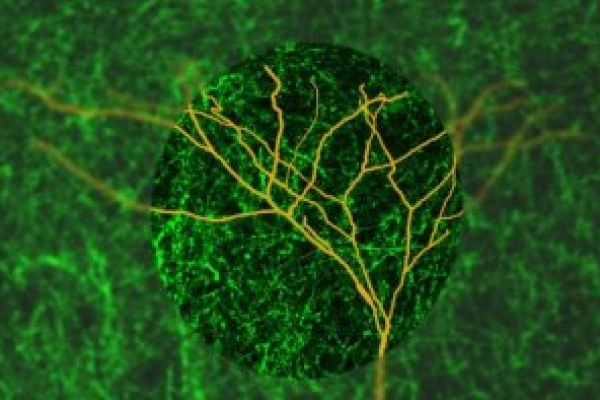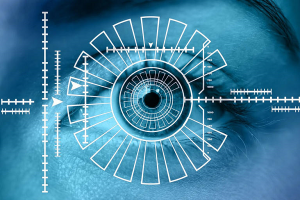How the brain enables us to rapidly focus attention
Professor Stephen Williams of the Queensland Brain Institute explains, "If we want to give our full concentration, something happens in the brain to enable us to focus and filter out distractions."
Professor Stephen Williams of the Queensland Brain Institute explains, "If we want to give our full concentration, something happens in the brain to enable us to focus and filter out distractions."
"There must be a mechanism that signals the thing we want to focus on."
However, this mechanism is not well understood, he says.
Research has shown that the electrical activity of the neocortex of the brain changes, when we focus our attention. Neurons stop signalling in sync with one another and start firing out of sync.
This is helpful, says Williams, because it allows individual neurons to respond to sensory information in different ways. Thus, you can focus on a car speeding down the road or on what a friend is saying in a crowded room.
It's known that the cholinergic system in the brain plays an important role in triggering this desynchronization.
The cholinergic system consists of clusters of special neurons that synthesise and release a signalling molecule called acetylcholine, he explains, and these clusters make far reaching connections throughout the brain.
Not only does this cholinergic system act like a master switch, but mounting evidence suggests it also enables the brain to identify which sensory input is the most salient -- i.e. worthy of attention -- at any given moment and then shine a spotlight on that input.
You may find the original news here.





Related Posts